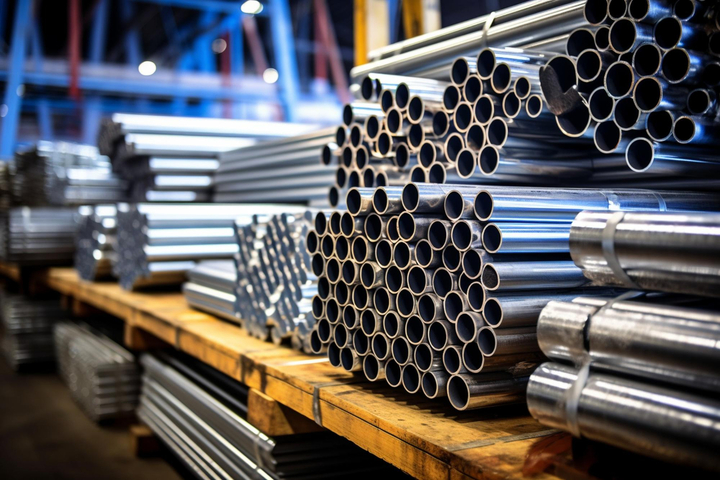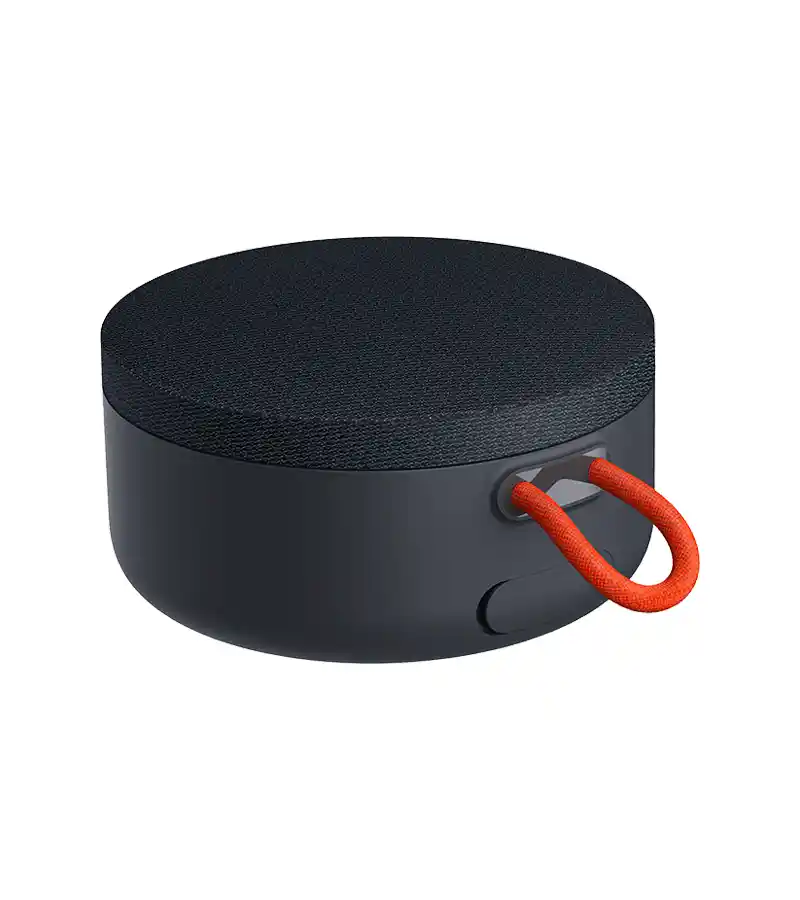Steel products are integral to a myriad of industries, from construction and automotive to manufacturing and consumer goods. Whether you’re a contractor, a manufacturer, or a DIY enthusiast, choosing the right steel products can significantly impact the quality and durability of your projects. With various types of steel, grades, and specifications available, making an informed decision can be complex. This article outlines ten key factors to consider when buying steel products, ensuring you select the right material for your needs.
1. Type of Steel
Steel comes in various types, each suited for different applications. The main types include:
- Carbon Steel: Known for its strength and durability, it’s widely used in construction and manufacturing.
- Stainless Steel: Resistant to corrosion and staining, it’s ideal for applications requiring hygiene and aesthetic appeal, such as kitchenware and medical instruments.
- Alloy Steel: Combined with other elements like chromium, nickel, and molybdenum to enhance specific properties such as strength, hardness, and resistance to wear.
- Tool Steel: High hardness and resistance to abrasion make it suitable for manufacturing cutting tools and dies.
Understanding the specific requirements of your project will help determine which type of steel is most appropriate.
2. Grade of Steel
Steel grades indicate the specific composition and treatment of the steel, affecting its mechanical properties. For example:
- Grade 304 Stainless Steel: Offers good corrosion resistance and is suitable for general use.
- Grade 316 Stainless Steel: Has higher resistance to corrosion, especially in marine environments.
- Grade 1018 Carbon Steel: Known for its machinability and is commonly used in mechanical applications.
Selecting the right grade ensures the steel will perform adequately under the conditions it will face.
3. Mechanical Properties
Key mechanical properties to consider include:
- Tensile Strength: The maximum stress the steel can withstand while being stretched or pulled before breaking.
- Yield Strength: The stress at which the steel begins to deform plastically.
- Hardness: Resistance to indentation or scratching.
- Ductility: The ability to deform without breaking, important for forming and shaping processes.
These properties are crucial in determining the steel’s suitability for structural or load-bearing applications.
4. Corrosion Resistance
For applications exposed to moisture, chemicals, or harsh environmental conditions, corrosion resistance is critical. Stainless steel, especially grades like 304 and 316, offers excellent resistance to rust and corrosion. Protective coatings, such as galvanizing, can also enhance the corrosion resistance of carbon steel.
5. Dimensional Tolerances
Dimensional tolerances specify the allowable variations in the size and shape of the steel product. Tight tolerances are essential for components that need to fit together precisely, such as in automotive or aerospace applications. Ensure the steel products meet the required dimensional specifications to avoid issues during assembly and operation.
6. Surface Finish
The surface finish of steel affects both its appearance and functionality. Common finishes include:
- Mill Finish: The surface as it comes from the rolling mill, typically rough and unfinished.
- Brushed Finish: Provides a smooth, uniform appearance, often used for aesthetic purposes.
- Polished Finish: Highly reflective and smooth, used in applications where appearance is crucial, such as kitchen appliances and architectural elements.
Choose the appropriate surface finish based on aesthetic requirements and the intended use of the steel product.
7. Heat Treatment
Heat treatment processes, such as annealing, quenching, and tempering, alter the physical and mechanical properties of steel. For instance:
- Annealing: Softens the steel, improving ductility and machinability.
- Quenching: Increases hardness and strength.
- Tempering: Reduces brittleness while maintaining hardness.
Selecting steel that has undergone the appropriate heat treatment ensures it has the desired properties for your application.
8. Certifications and Standards
Ensure the steel products comply with relevant industry standards and certifications, such as:
- ASTM (American Society for Testing and Materials) Standards: Provide guidelines for the composition, properties, and performance of steel.
- ISO (International Organization for Standardization) Standards: International standards for steel products, ensuring quality and consistency.
Certifications from reputable organizations guarantee that the steel meets specific quality and safety criteria, crucial for critical applications.
9. Supplier Reputation and Reliability
Choosing a reputable and reliable supplier is essential for ensuring the quality and consistency of steel products. Consider factors such as:
- Supplier Experience: Established suppliers with a track record of reliability and quality.
- Customer Reviews: Feedback from other customers can provide insights into the supplier’s performance.
- Supply Chain Management: Efficient logistics and inventory management to ensure timely delivery.
For instance, Gujrat Steel, a leading Pakistani company in manufacturing steel-related products, is known for its high-quality materials and reliable service. Partnering with well-regarded suppliers like Gujrat Steel can reduce the risk of defects, delays, and other issues that could impact your project.
10. Cost and Budget
While it’s important to stay within budget, the cheapest option may not always be the best. Consider the total cost of ownership, including factors like:
- Initial Purchase Price: Compare prices from multiple suppliers to get the best deal.
- Quality and Durability: Higher-quality steel may have a higher upfront cost but can save money in the long run by reducing maintenance and replacement costs.
- Customization and Additional Services: Some suppliers offer services such as cutting, machining, and surface treatment, which can add value and reduce overall project costs.
Balancing cost with quality ensures you get the best value for your investment.
Conclusion
Choosing the right steel products requires careful consideration of various factors, including the type and grade of steel, mechanical properties, corrosion resistance, dimensional tolerances, surface finish, heat treatment, certifications, supplier reliability, and cost. By understanding these key aspects, you can make informed decisions that ensure the success and longevity of your projects.
Please Visit Wise Market Pakistan for Latest Tech related products!
Investing time in selecting the right steel products not only enhances the performance and durability of your end product but also contributes to overall project efficiency and cost-effectiveness. Whether you are engaged in construction, manufacturing, or any other industry that relies on steel, paying attention to these considerations will help you achieve optimal results and meet your specific needs with confidence. Working with reputable suppliers like Gujrat Steel can further ensure you receive high-quality products that meet your exact requirements.














